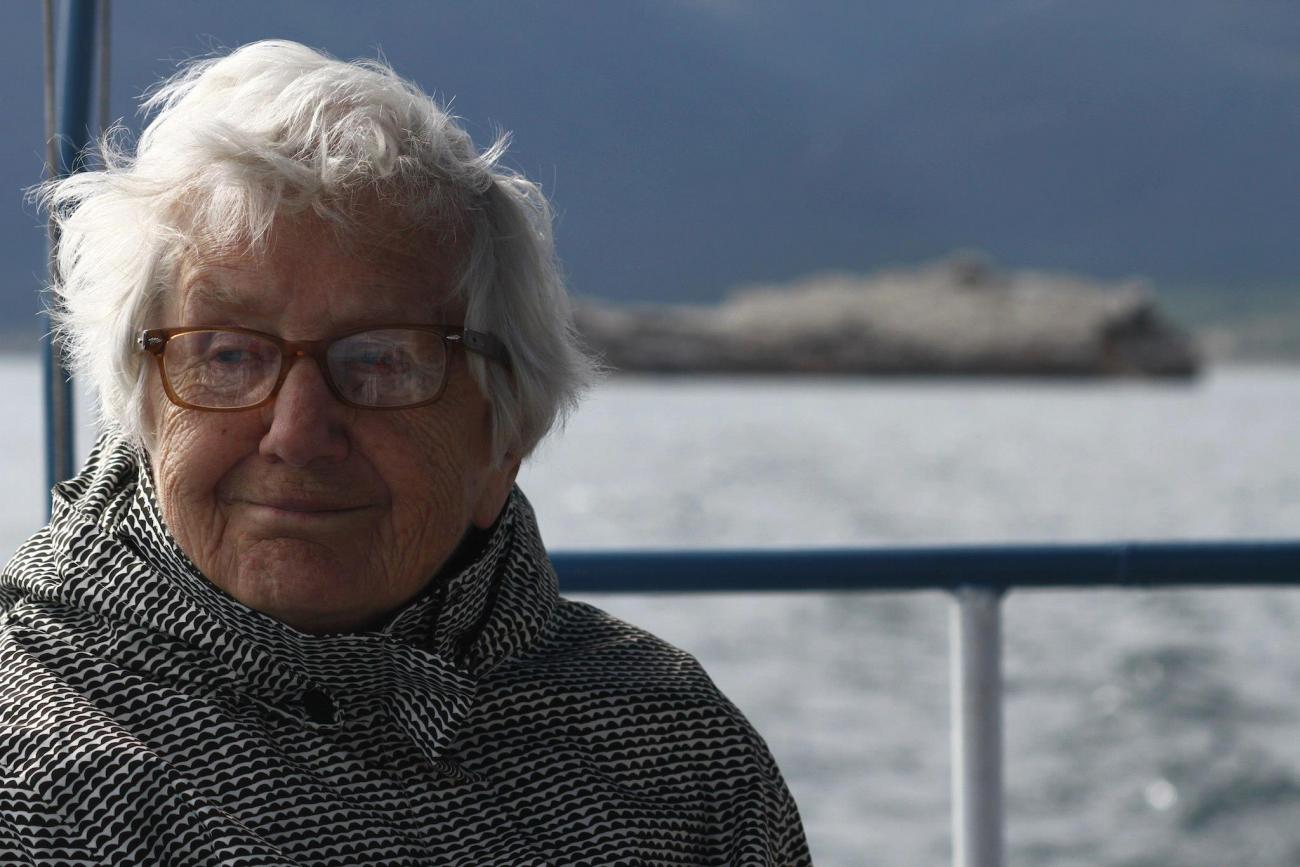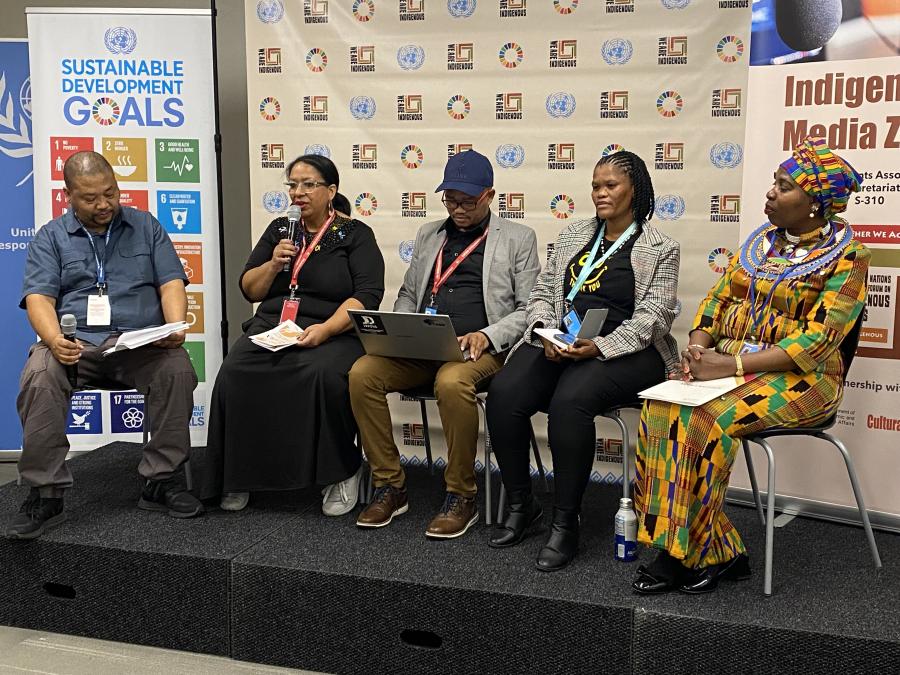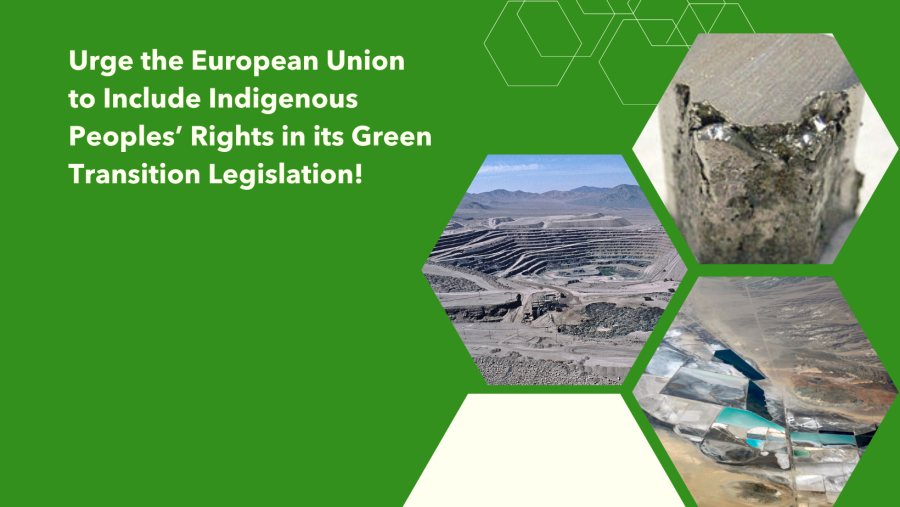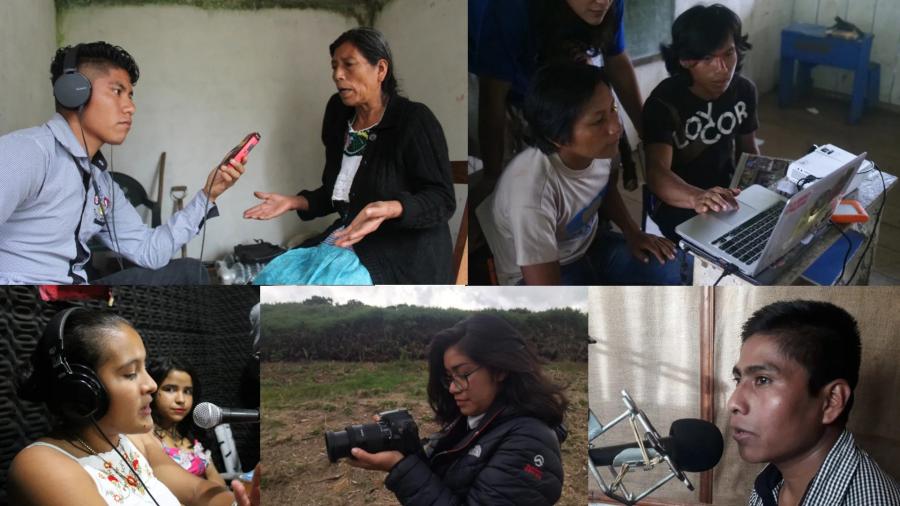
Photo courtesy of Aled Llion.
Cultural Survival deeply mourns the loss of our co-founder Elsebet “Pia” Maybury-Lewis, who passed away today, August 4, 2015 at age 89 at her home in Cambridge, MA, surrounded by her loving family and friends after a long battle with lung cancer. Pia was born in Jutland, Denmark on June 1, 1926.
Along with her Harvard anthropologist husband David Maybury-Lewis, Evon Vogt, Jr., and Orlando Patterson, Pia founded Cultural Survival in 1972. The impulse for the establishment of Cultural Survival arose during the 1960s with the “opening up” of the Amazonian regions of South America and other remote regions elsewhere. Pia and David witnessed the disastrous impacts of development projects on Indigenous communities firsthand while conducting anthropological field research with the Xerente and Xavante people in Brazil in the 1950s and 1960s. As governments all over the world sought to extract resources from areas that had never before been developed, the drastic effects this trend had on the regions' Indigenous Peoples underscored the urgent need to partner with Indigenous communities to defend their human rights. Pia and David founded Cultural Survival to publicize Indigenous rights abuses and assist Indigenous Peoples in their struggles for human rights, sovereignty, and autonomy.
"On March 2, 1972, my husband David Maybury-Lewis (1929–2007), Evon Z. Vogt Jr., Orlando Patterson, and I opened the first Cultural Survival office. My husband was president and I did most of the dirty work! We were located on the fifth floor of Harvard’s Peabody Museum, and we had no heat, two chairs, and a phone,” Pia recalled in an interview in 2012.
Pia has often been referred to as the “heart” of Cultural Survival. She started the internship program and mentored over 1,300 interns during her active years with the organization. Pia described Cultural Survival’s first project: “[We were] trying to get money and supplies to the Yanomami people of Venezuela who were encountering a devastating measles epidemic [in the 1970s]. . . Our first interns were students. In the early days we had many interns—as many as 30, sometimes. They were full of energy and suggestions, and were eager to hear, see, and learn how we could help Indigenous people in South America and other places. To help with our advocacy campaigns, they would do research and write letters.” For decades Pia and David opened up their Cambridge home and hosted students, interns, academics, and Indigenous leaders as a space for dialogue around international affairs, human rights, and social justice. Pia was also renowned for her culinary skills and for feeding hungry interns and students.
In 1979, Pia, along with longtime friend Chris Walters, began organizing the Cultural Survival Bazaars to showcase the art of Indigenous artists and educate the public about the struggles Indigenous people faced around the world. “This opened up the idea of selling arts and crafts of Indigenous people and spearheaded the Fair Trade movement,” Pia recalled in the same 2012 interview. “Through this, I wanted to put CS on the map like the Red Sox [did for Boston], but we didn’t want to lose, as the Sox always did in those days!”
Pia will be remembered for a great deal of things, but for many she will live on in our hearts for her wit and her remarkable sense of humor.
Pia, we are forever “your dunks.”
Pia's memorial will be at Bigelow Chapel at 1 pm on August 18 at Mount Auburn Cemetery.
Photo courtesy of Aled Llion.



